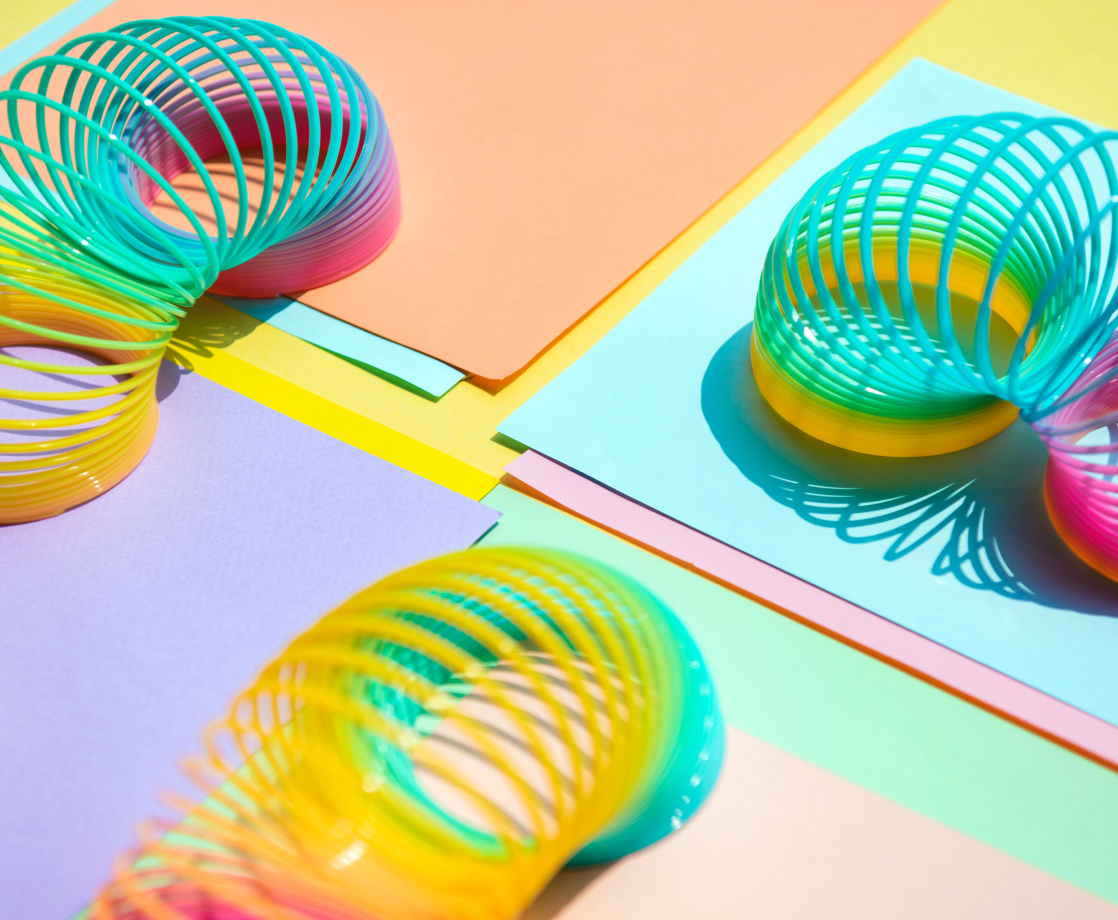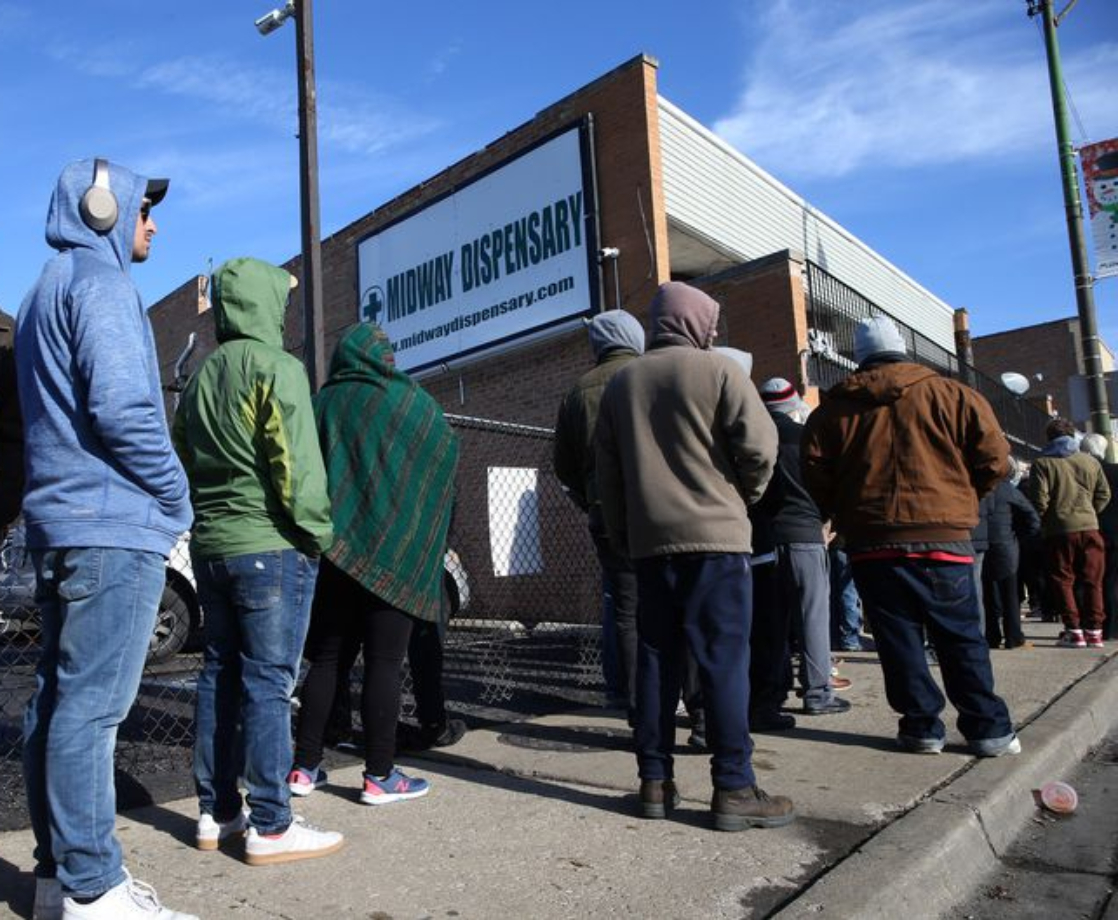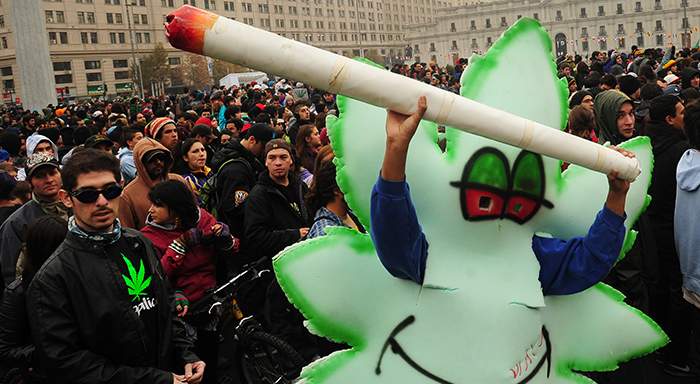A recent swath of clinical research studies have concluded that psilocybin and other psychedelics can help fight depression and anxiety. But, researchers have yet to discover exactly how these natural substances can achieve these positive effects. A new study may have discovered a key that could help unlock this mystery, however.
The study, recently published in the Journal of Contextual Behavioral Science, highlights the role of psychological flexibility and insight in helping to reduce feelings of depression and anxiety. Psychological flexibility is defined as the ability to connect to the present moment and manage one’s own feelings and stress levels. Prior research has posited that psychological inflexibility could be responsible for dysfunctions in mental health, and some researchers have attempted to treat these dysfunctions by helping a patient increase their psychological flexibility.
“Emerging evidence supports the possibility that psychological flexibility is an important theory that could inform clinical practice with psychedelic-assisted psychotherapy,” said study author Alan K. Davis, assistant professor at Ohio State University and adjunct assistant professor at Johns Hopkins University School of Medicine, to PsyPost. “We conducted this study to test the theory that psychedelics would increase a person’s psychological flexibility and that such changes would be associated with improvements in depression/anxiety.”
To test their theory, researchers created an anonymous online survey seeking out individuals who have had a moderate to strong psychedelic experience. Subjects were asked to report which psychedelics they used, how they consumed them, and how long ago they used them. In total, 2,120 individuals responded to the survey. Out of these, 985 participants said they experienced changes in their depression or anxiety after having a mystical experience.
An analysis of the data revealed that subjects who reported having meaningful psychological insights during a psychedelic experience reported increased psychological flexibility. These individuals also reported decreases in depression and anxiety. “Increases in psychological flexibility fully mediated the effect of mystical and insightful experiences on decreases in depression and anxiety following a psychedelic experience,” the authors explain. “This suggests that psychological flexibility may be an important mediator of the therapeutic effects of psychedelic drugs.”
“Psychological flexibility is about being open to your moment-by-moment experiences, being present in your life, and doing what matters in the face of barriers/obstacles including emotional ones. Psychedelic experiences are associated with increasing one’s ability to engage in this way,” said Davis to PsyPost. Davis also noted that psychologists have developed therapies like ACT (Acceptance and Commitment Therapy) to increase psychological flexibility, and suggested that “we should consider applying this therapeutic approach to psychedelic therapy in order to maximize possible positive effects of treatment.”
The concept of legally using psilocybin mushrooms in a therapeutic setting seemed like a fantasy as recently as five years ago, but the Food and Drug Administration has approved several clinical trials to determine whether this natural entheogen can help treat anxiety, eating disorders, or other conditions. If successful, psilocybin-assisted therapy could be completely legal within years.
The current study is preliminary in nature, with a number of limitations, including the self-reporting nature of the survey. Also, despite attempts to elicit responses from a diverse base of psychedelics users, the majority of the respondents were white males.
To further explore this avenue of research, the authors recommend that “future prospective experimental studies should examine the effect of psychedelic drug administration on psychological flexibility in order to gain a better understanding of the psychological processes that predict therapeutic effects of psychedelics.”











